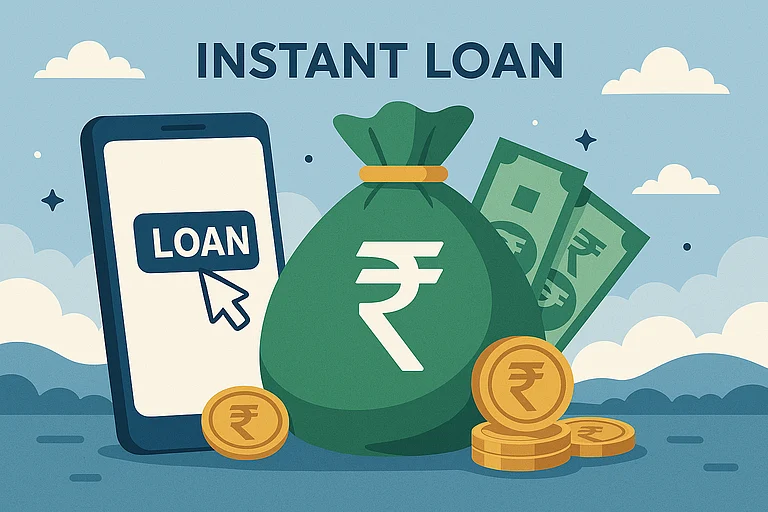Home loan interest rates in India are usually available at a rate between 8.35 per cent and 13.75 per cent per annum, as per the Reserve Bank of India website. According to data from HDFC and SBI, two of the country’s largest lenders, home loans currently start at 8.75 per cent and 9.15 per cent, respectively, depending on borrower profile and loan terms.
Amid global inflationary pressures and fluctuating crude oil prices, both of which affect monetary policy decisions. Here are a few key factors a borrower should consider before getting a home loan.
Pre-Approved Loans
Pre-approved loans can help buyers have a clear budget, escalate negotiations, and in some cases even give access to lender-approved properties. Additionally, this kind of loan often comes with fewer documentation requirements and better project credentials.
How Much Can You Borrow?
Loan-to-value (LTV) norms set by the RBI allow most borrowers to access between 75 per cent and 90 per cent of the property value as a loan. For instance, if a flat is priced at Rs 50 lakh, a buyer could get up to Rs 40 lakh financed, assuming the loan value is under Rs 75 lakh. The borrower will have to arrange the remaining amount, Rs 10 lakh to Rs 12.5 lakh out-of-pocket, depending on eligibility. Additionally, including a co-applicant, like a spouse or parent, can increase loan limits with combined incomes.
Tenure Choices
Home loans in India can have a tenure of up to 30 years, based on borrower eligibility. A longer-term reduces the EMI burden, though it may increase the total interest paid. For example, a Rs 10 lakh loan over 20 years at 10.40 per cent interest results in a monthly EMI of Rs 9,917. Extending the tenure to 30 years cuts the EMI to Rs 9,073.
Tax Breaks Still Make a Difference
Under Section 24(b) of the Income Tax Act, borrowers can claim up to Rs 2 lakh annually in deductions on interest paid for self-occupied homes. This provision, however, is only available under the old tax regime. The new regime excluded this benefit.
Credit Scores
A credit score above 750 can increase home loan eligibility and may offer more favourable interest rates. Lenders evaluate creditworthiness through past repayment records, current liabilities, and overall credit health.












